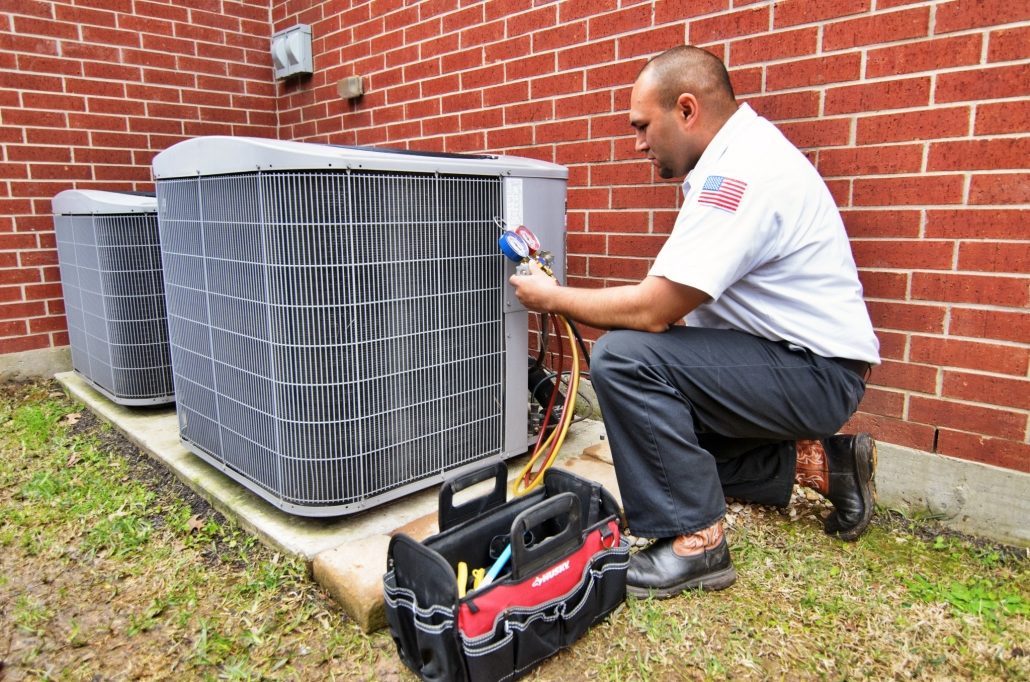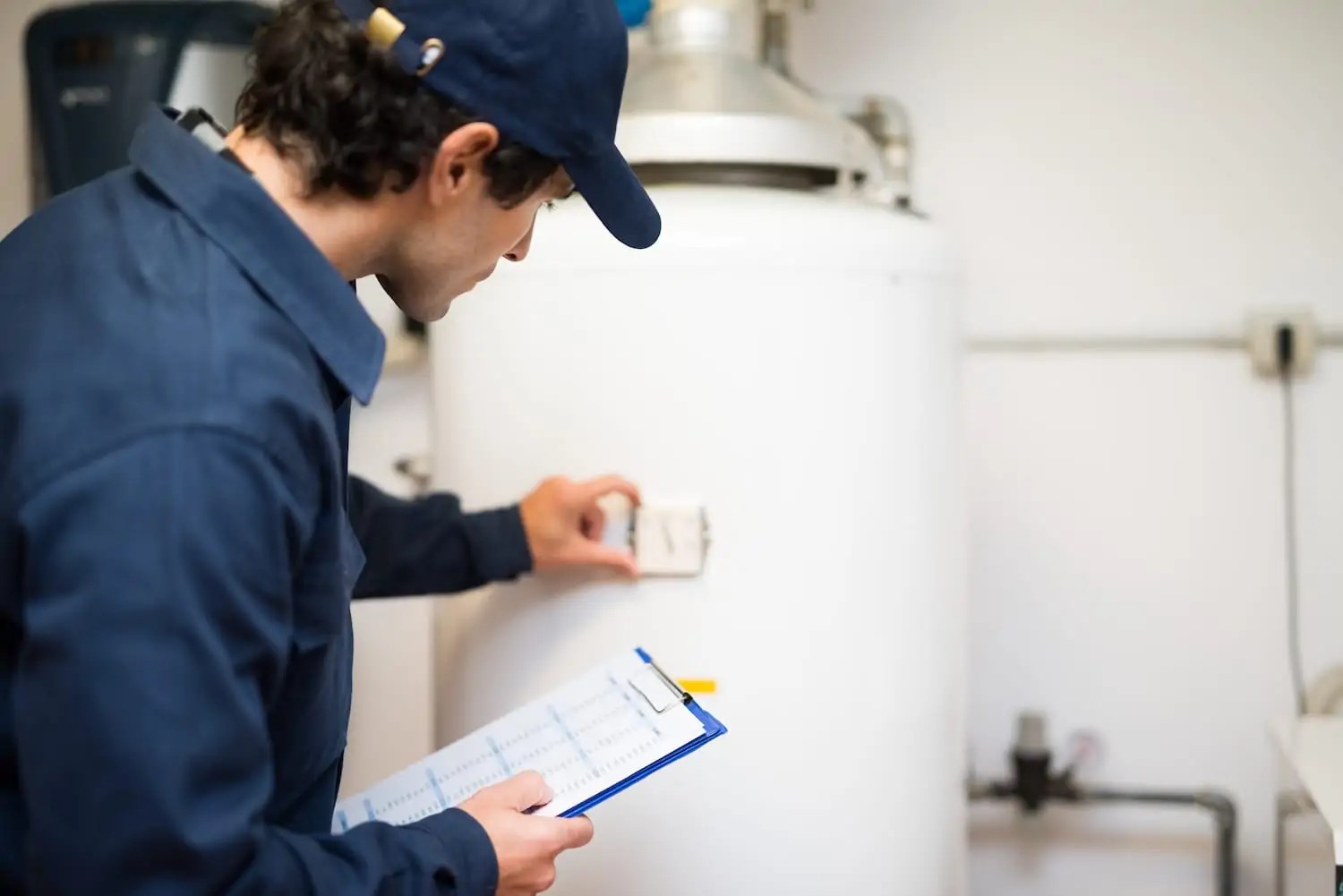10 Tips To Troubleshoot Your Electric Water Heater
If you have an electric water heater, you’re among many other consumers in the market with this gadget. As of the end of 2017, over 4.06 billion units had been purchased in America.
You can imagine that there is bound to be problems facing some of these heaters, and maybe even yours is having some issues.
Is your hot water suddenly running out too quickly, or perhaps it has a strange colour to it? Chances are there is a problem with it that needs to be fixed immediately!
With so many possible issues your electric water heater could be facing, it’s important that you know exactly where to look when your heater starts acting up.
Below, we’ve listed 10 tips to help you figure out what exactly is wrong with your heater. Whether it is the element, the heater itself or even the source of electricity running to it, we’ll help you figure it out.
1. Turn Off The Power
The most important part of troubleshooting your electric water heater is to ensure you’ve turned it off completely before checking it out. This can be done by finding and turning off the fuse or breaker which is connected the heater.
Be sure to stay safe in order to avoid electrocution!
2. Check The Water Temperature
Often, one of the biggest indicators of a faulty electric water heater is when it provides little to no hot water. To check out what temperature your heater is on, you can look at the thermometer stats. They should be set between 120 and 140 degrees Fahrenheit.
The lower it’s set, the less likely there will be corrosion and mineral build ups in your heater. However, if it’s set too high it may be too hot for the system to handle!
If that’s all in order, it may be a problem with a fuse or the heating element itself. Check to make sure all of the fuses are in working order and then test the element.
But there is a slight catch when you are carrying out this test.
There may also be a possibility that your heater is too small. To rule this out, make sure that at least 75% of its capacity is hot water.
3. Search For Leaks
If you notice puddles of water anywhere near your electric water heater, there’s definitely a chance that there’s a leak. Check around the TPR valve, as well as any plumbing that is overhead or adjacent to the heater. If you do find any, then you can be certain that that is what is causing the issues.
4. Listen For Noise
When the heater is running, what noises do you hear? If it’s a low rumbling noise, that could be evidence of sediment building up in the tank that needs to be flushed out.
On the other hand, if you hear a high pitched whining sound, this could be caused by a build-up of minerals on the heating element. This can be dealt with by cleaning both the tank and the element.
5. Look For Discolouration
When water comes out of the taps, what colour is it? If it’s a rusty red colour, this could be an indication of corrosion inside a heater lined with glass or alternatively, an anode rod that is failing. The best way to deal with this is to replace the rod with a magnesium-based one.
6. Smell Any Odors?
Along with any discolouration, if you smell a rotten egg-like smell coming from the heater or water supply, chances are that you’re having a decaying anode rod.
If after replacing the rod the tank still has a foul odour, you can fix this up by flushing water out of the electric water heater. The tank can then be treated with a solution that consists of 40 pints of water to 3 percent hydrogen peroxide.
Leave this in your tank and pipes for about two hours before flushing it out. If this doesn’t work, consider changing to a plastic lined heater.
7. Change The Heating Element
If you notice that your water has gone from hot to just lukewarm, there’s a chance that your heating element has burnt out. Replacing an element isn’t too difficult, but it needs to be done with care.
Before replacing the element, make sure the wattage and voltage rating match on both the element and the tank. Putting two incompatible voltages or wattages could be a recipe for disaster and cause damage to your electric water heater or your home.
If you aren’t sure what element to get, take the old one with you when you want to get a replacement.
8. Inspect the TPR Valve Carefully
Also known as the temperature and pressure relief valve, this is a vital part of your electric water heater. When there is an emergency and the thermostat fails, it will open to release pressure from the tank. This will prevent it from exploding and causing damage.
If you notice anything wrong with it, whether it’s leaking or seems stuck, ensure that it gets fixed immediately.
9. Fix Loose Wires
If you’ve got little or no hot water, there’s a chance that the wiring that connects your electric water heater together may be loose.
To fix this, locate the problem wires, clean them up carefully and reconnect them. Of course, always make sure that the power is turned off before you do any of this.
10. Inspect The Tank Itself
There may actually be something wrong with the tank of the water heater itself. There could be a build-up of sediment in the bottom of it. This can cause your hot water to recover slowly, or it can even stop it altogether.
If this is the case, you may need to flush out your tank.
Closing: Fixing Up Your Electric Water Heater Is No Problem!
Although it’s not too hard to troubleshoot problems with your heater, you may need the assistance of a professional to help you fix it. It doesn’t matter what the shape or size of your heater is, they will get it fixed as soon as possible!
For more information or to get emergency assistance right now, click here.
Request Service

Why Choose Masters Heating & Cooling?
Northeast Indiana's HVAC & Plumbing Experts
- Licensed, insured & NATE-certified technicians
- Carrier Customer Specialist with experience servicing all brands
- Free estimates on replacement quotes
- Upfront pricing & financing options
- Background-checked technicians
- Military, veteran & senior discounts
- Serving Fort Wayne, Decatur, Greenwood & Indianapolis



